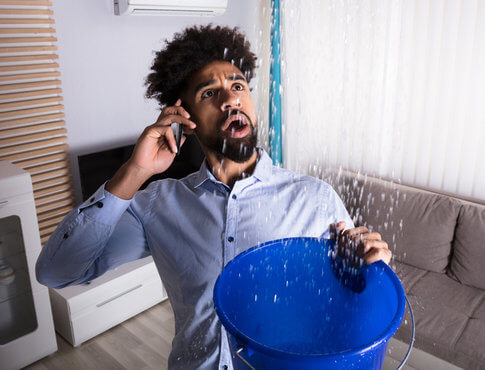Are Landlords Responsible for Plumbing Repairs?

In general, landlords are responsible for fixing issues that affect your ability to live in or enjoy your apartment or rental. But it's not as simple as saying that it's the responsibility of a landlord to repair everything that goes wrong. So when is your landlord in charge of Albuquerque Local Plumber Near Me?
Your landlord is responsible for preserving the functional aspects of your home, such as plumbing, electricity, and heating, when you rent. When flooding, a clogged pipe, pest infestation, or other problems occur, landlords must also generally take action.
Can You Sue Your Landlord for Not Fixing Things?
You'll want to resolve the problem in most situations by simply communicating with your landlord. But if your landlord refuses to fix the problem, or simply ignores you, understanding your legal rights is helpful.
The responsibilities of your landlord result from a number of distinct sources. Many of the basic rights and obligations that exist between landlords and tenants are dictated by the leasing agreement, building codes, and state laws. Below, the basics of the maintenance obligations of a landlord are highlighted. For extra articles, see our Tenant Rights section.
Lease Agreements and State Laws
Check whether the landlord is required by your lease or rental agreement to repair the particular problem you have found in your rental unit. If the contract does not seem to require this or does not simply address the problem, check your state's real estate law (as well as local laws) to see if the law forces the landlord to pay for the repairs in question. Typically, landlords are required to make repairs to big problems. These include major repairs such as repairs to structural, electrical, and plumbing.
You may want to look at other options, such as contacting the local housing authority or filing a claim in small claims court, if your landlord fails to pay or does not respond. It is likely that how you proceed will depend on the nature and scope of the problem, local laws and regulations, and the attitude of the landlord. To avoid unnecessary conflicts and costs, your actions should be carefully considered.
Minor Issues
Who is responsible for repairs depends on a number of factors, primarily the lease, as well as local and state laws, as far as minor issues go. If you find that the landlord is obliged to pay for the repairs, write your repair request to the landlord in writing to ensure that your attempts to solve the problem with the landlord are recorded.
Repair and Deduct
The option called "repair and deduct" is one that may be available. Some local and state legislation allows renters to hire someone to make repairs, and then deduct the rent from the cost.
However, it is important to note that this option is not always available (for minor repairs, for example), and typically requires you to provide adequate notice to the landlord prior to its use. You may also need to give a reasonable time for the landlord to make the repairs. If you intend to repair and deduct, to ensure that you follow the procedural requirements of your state, you should carefully examine the relevant local laws.
Have Questions About a Landlord's Responsibility for Repairs? Ask an attorney
For everyone involved, disputes between landlords and tenants can be unnecessarily contentious and expensive. Generally speaking, it's much simpler to reach a reasonable resolution to the dispute if you know your rights. To get legal advice about both landlord and tenant responsibilities when it comes to rental property, contact a local landlord-tenant attorney.
